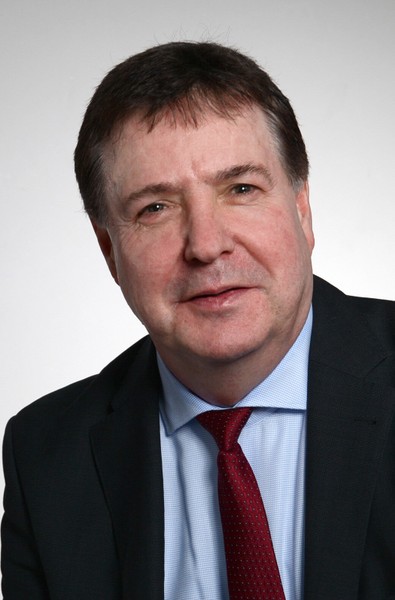This Department in Düsseldorf is currently the only one in the world to also treat children with the targeted overheating of the tumour tissue in combination with chemotherapy and/or radiotherapy. Prof. Dr. Rolf Issels at the Medical Center of the University of Munich (LMU) and PD Dr. Rüdiger Wessalowski are the only German physicians so far to have won this highest distinction by the STM.
Within the framework of experimental and clinical research projects, Wessalowski has developed new treatment concepts for the use of hyperthermia in children in cases where standard therapies are unsuccessful or not sufficiently successful or whose illness returned after standard therapies. In 2013, Wessalowski received the ESHO BSD Award from the European Society for Hyperthermic Oncology. The keynote speech by the 30th recipient of the Robinson award as part of the symposium was entitled “Apoptosis or Necrosis – Mechanisms of Cell Death induced by Hyperthermia”.
Background:
How hyperthermia works
Hyperthermia is used to treat patients suffering from cancerous tumours that are not responding or not responding adequately to standard therapies as well as patients who relapse after standard therapies with chemotherapy as well as radiation. Hyperthermia with targeted overheating of the tumour tissue is used additionally. It increases the effectiveness of the two aforementioned therapies, and the thermal effect itself also destroys the tumour. Clinical application of hyperthermia in children was established around 25 years ago in Düsseldorf under the supervision of Prof. Dr. Ulrich Göbel, former Director of the Department of Paediatric Oncology, Haematology and Immunology.
J. Eugene Robinson Award
The J. Eugene Robinson Award is presented to acknowledge the work of J. Eugene Robinson, a US doctor who was a pioneer in hyperthermic research. The award is presented each year to researchers who have made outstanding contributions in this field. Robinson himself first used hyperthermia to treat cancerous tumours in the 1960s together with radiation and continued his investigations in various areas related to hyperthermia including thermal dose and time-temperature relationships.


